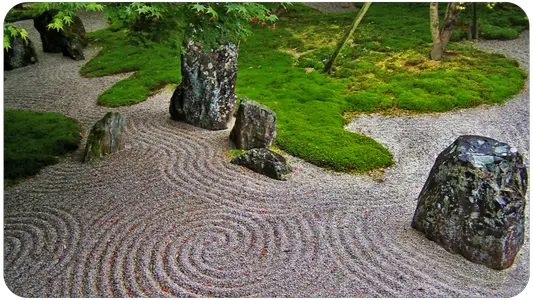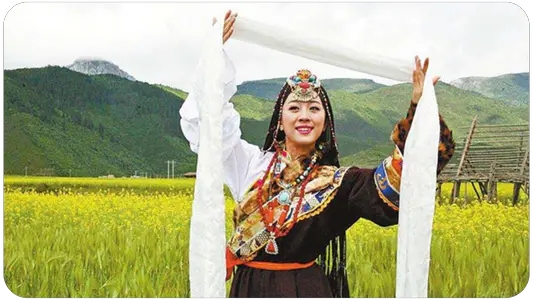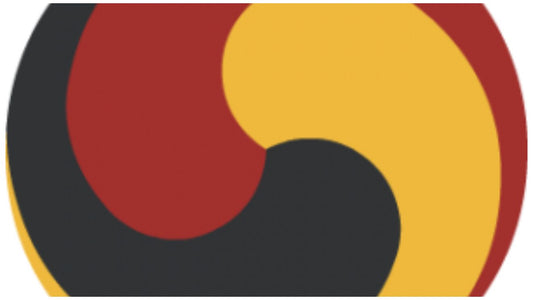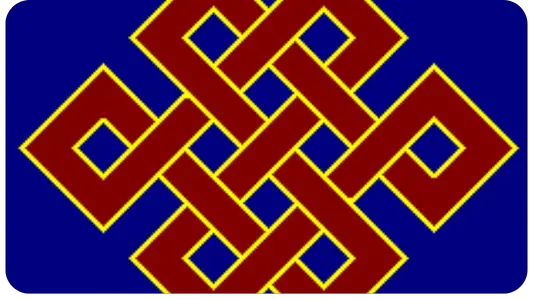Anuruddha was one of the five main disciples and a cousin of Gautama Buddha.
Youth
Anuruddha was the son of Sukkhodana and the brother of Mahanama. Since Sukkhodana was the brother of Suddhodana, king of the Sakyas in Kapilavastu, Anuruddha was a cousin of Siddhartha, (Gautama Buddha). He was a kshatriya by birth, enabling him to increase his fortune.
Anuruddha returned to his hometown two years after Gautama Buddha's enlightenment, preaching his ideas to the Sakyan Kingdom. Along with his three cousins Bhaddiyam, Ananda and Devadatta and their barber Upali, he was ordained by the Buddha in the Anupiya Mango Grove Cave.
Religious life
Anuruddha acquired "divine sight" (dibba-cakkhu) and was the greatest among those who possessed this ability. Sariputta assigned the eight thoughts of a great man to be used as a meditation topic by Anuruddha.
Traveling to the Pacinavamsadaya in the Ceti region to practice, he was able to master seven, but could not learn the eighth, which was taught to him by the Buddha. Anuruddha developed insight and then attained the state of arahant.
Portrait
Anuruddha is depicted in the Pali Canon as a loyal and affectionate bhikkhu, and would stay close to the Buddha in the assemblies. Once, when the Buddha was disappointed with the monks' arguments in Kosambi, he retreated to Pacinavamsadaya to be with Anuruddha.
In many texts, even when a large number of distinguished monks are present, Anuruddha is often the recipient of the Buddha's questions, and answers on behalf of the sangha
After the Buddha
Anuruddha was present at the time of the Buddha's death in Kusinara. He was one of those who most consoled the monks and guided their future course of action, reminding them of the Buddha's decree to follow the dharma.
When the Buddha was reclining and going through the jhanas, Ananda said to Anuruddha, "The Sublime One has attained Nibbana, Venerable Lord." Anuruddha, possessing divine vision, commented that the Buddha had been absorbed into a state of "cessation," but had not yet died. Anuruddha was consulted by the Mallas of Kusinara regarding the Buddha's final obsequies.
Later, at the First Buddhist Council, he played a notable role and was invested with the custody of the Anguttara Nikaya. Anuruddha died at Veluvagama in the Vajji region, in the shade of a group of bamboo trees. He was one hundred and fifteen years old at the time of his death.
Portrait in the Jataka
Anuruddha is often portrayed in the Jataka, which describes the previous rebirths of Buddhist figures. At the time of Buddha Padumuttara, he had been a wealthy man. Hearing that one of the monks had been declared the best among the possessors of the heavenly eye, he desired equal honor.
He performed meritorious deeds, including a great festival of light in front of the Buddha's tomb. In the age of Kassapa Buddha he was reborn in Varanasi; one day he placed bowls of clarified butter in front of the Buddha's tomb and illuminated them, circumscribing the tomb for the night, holding an illuminated bowl on his head.
He was reborn into a poor family in Varanasi and given the name Annabhara. One day, while working for his master, the banker Sumana, he gave his meal to a Pacceka Buddha, Uparittha.
The banker, having heard of Annabhara's pious deed, rewarded him by helping him establish a business. The king, impressed, gave him a place for a house, and when the ground was dug up, it revealed a great buried treasure.





